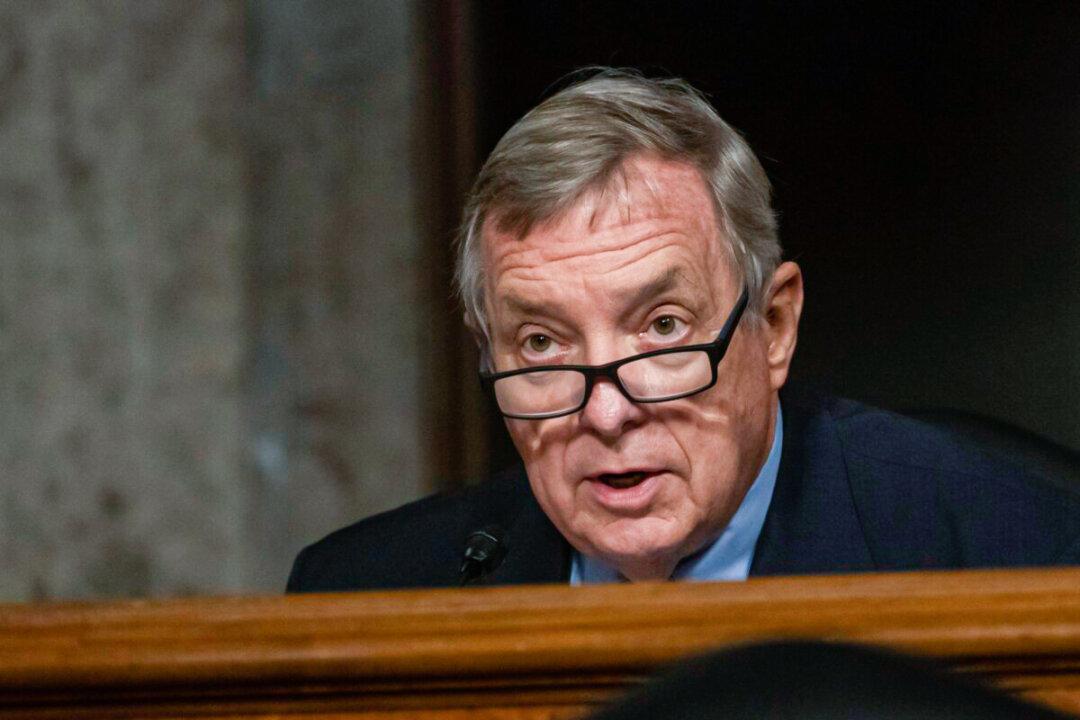Department of Justice (DOJ) Inspector General Michael Horowitz has been asking Congress for years to expand his authority to include investigating professional misconduct allegations against government lawyers, but his request is getting a cold reception in the Senate.
Horowitz’s most recent plea for the added authority—he’s the only one of the 72 statutory inspectors general (IGs) in the federal government who can’t investigate such allegations within his department—came during a March 23 House budget hearing.





